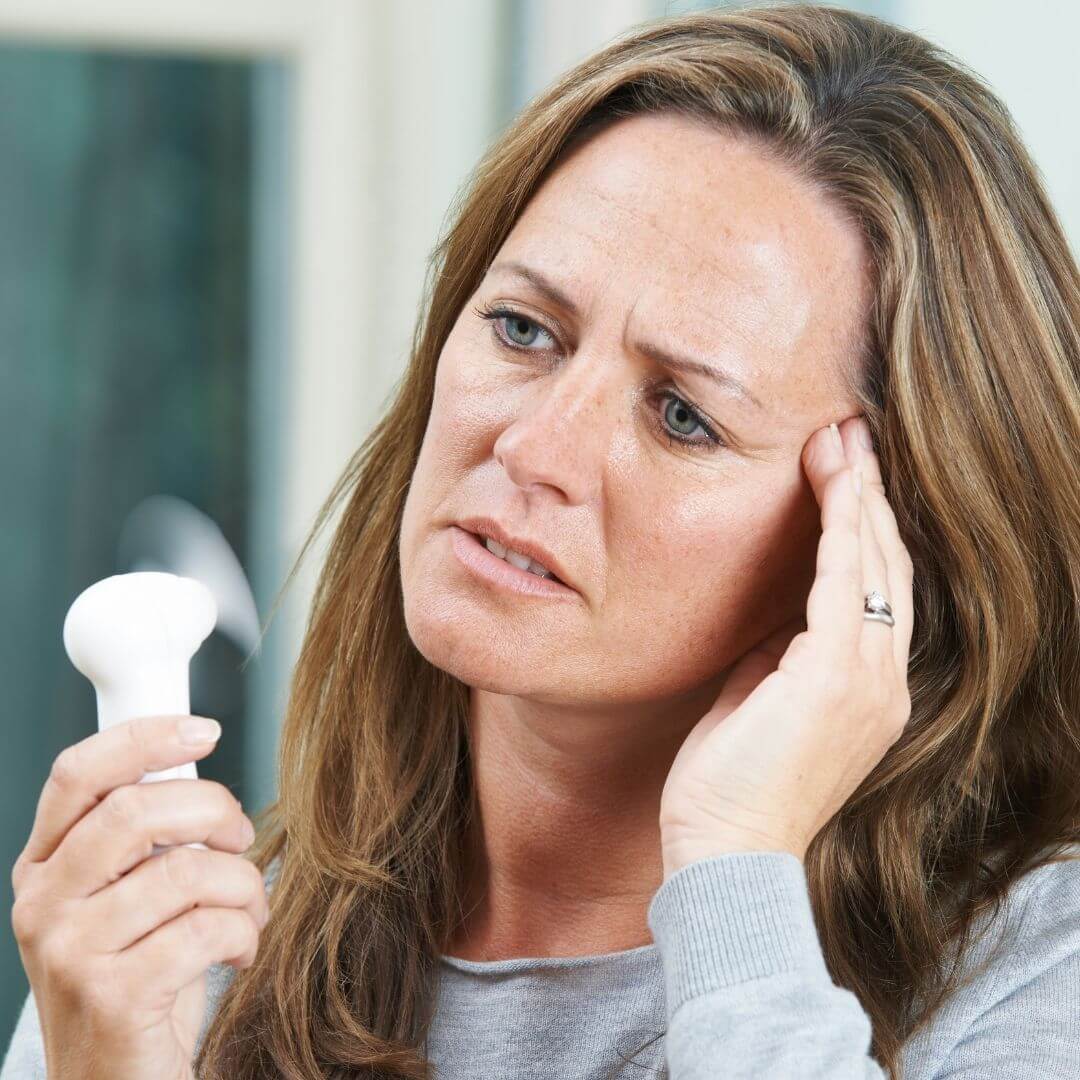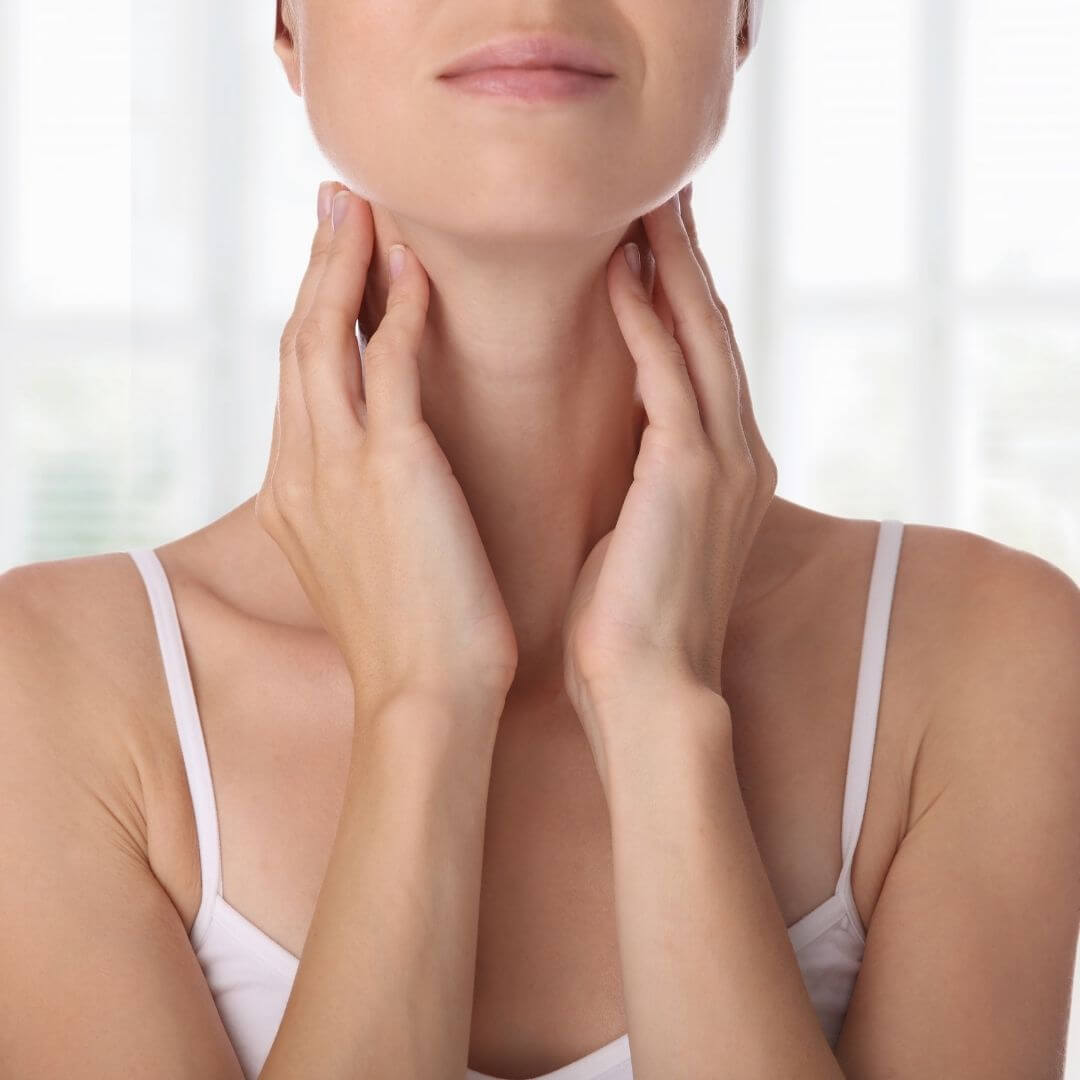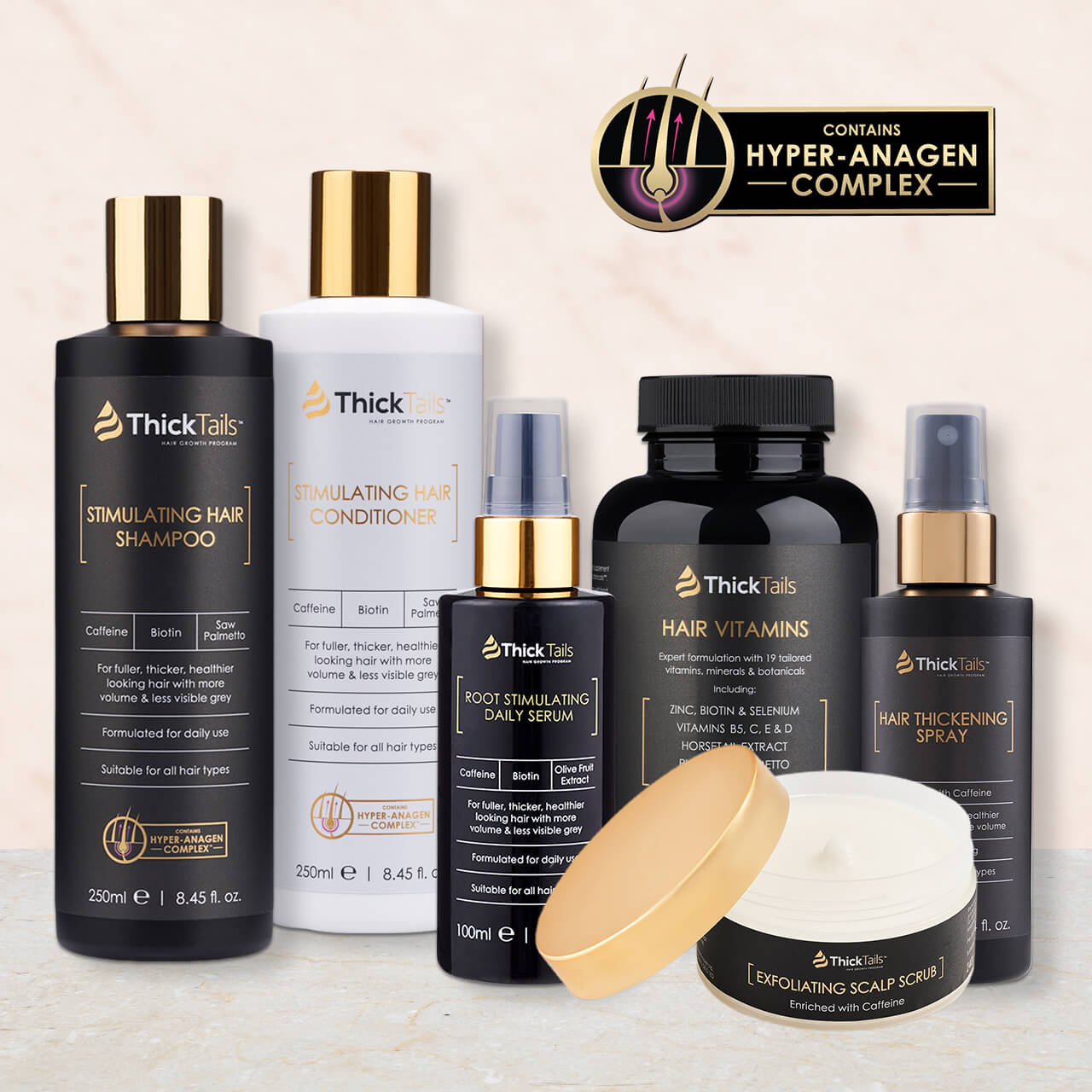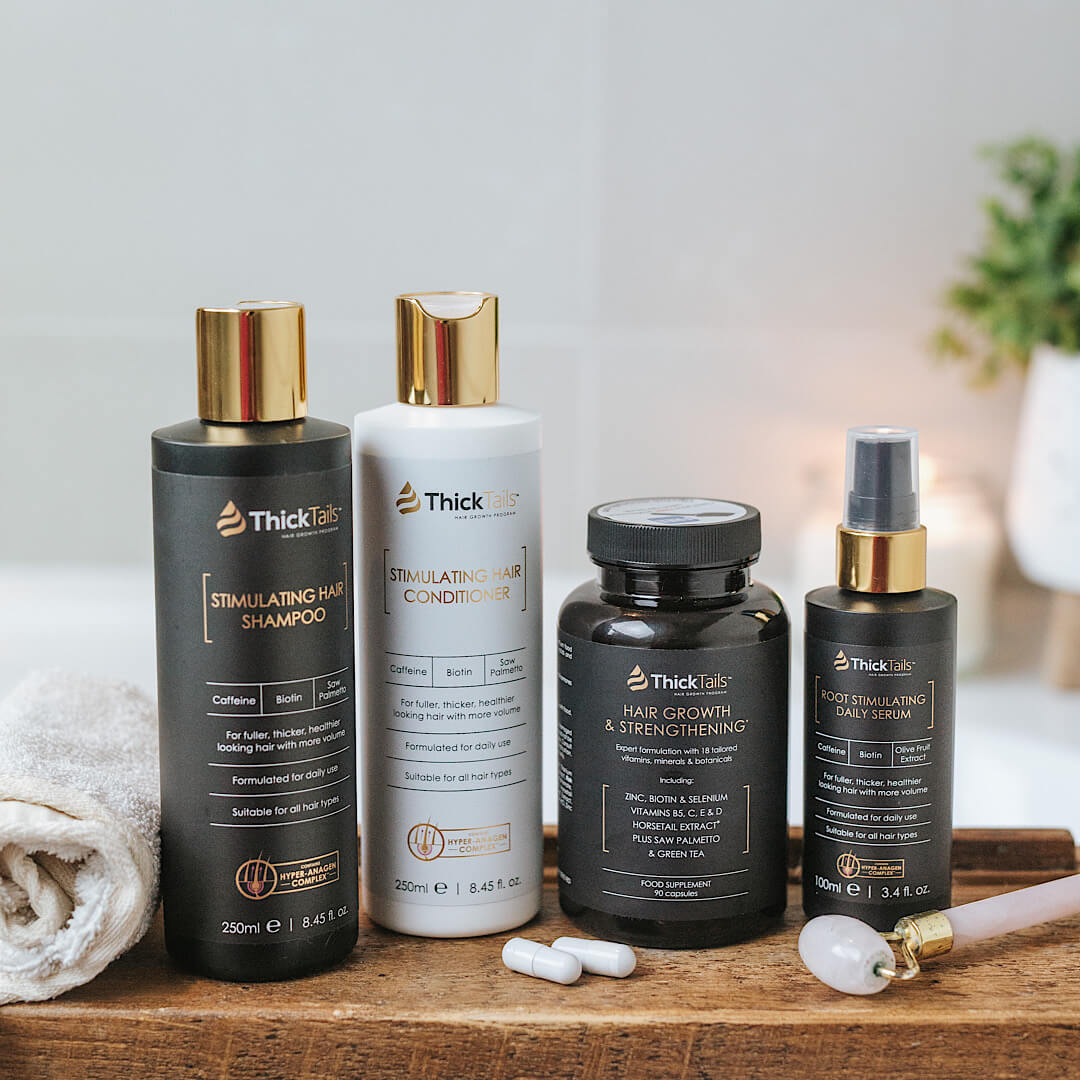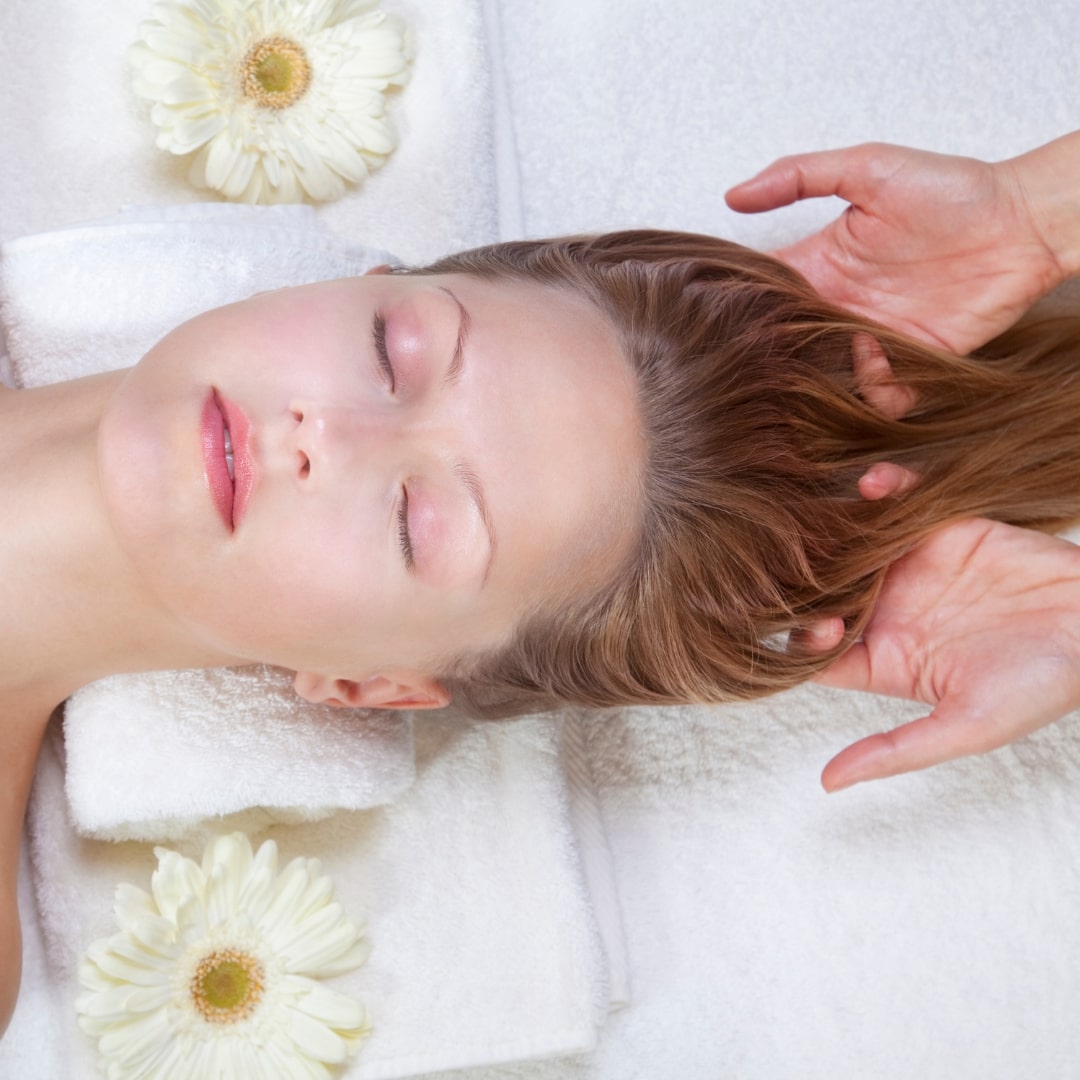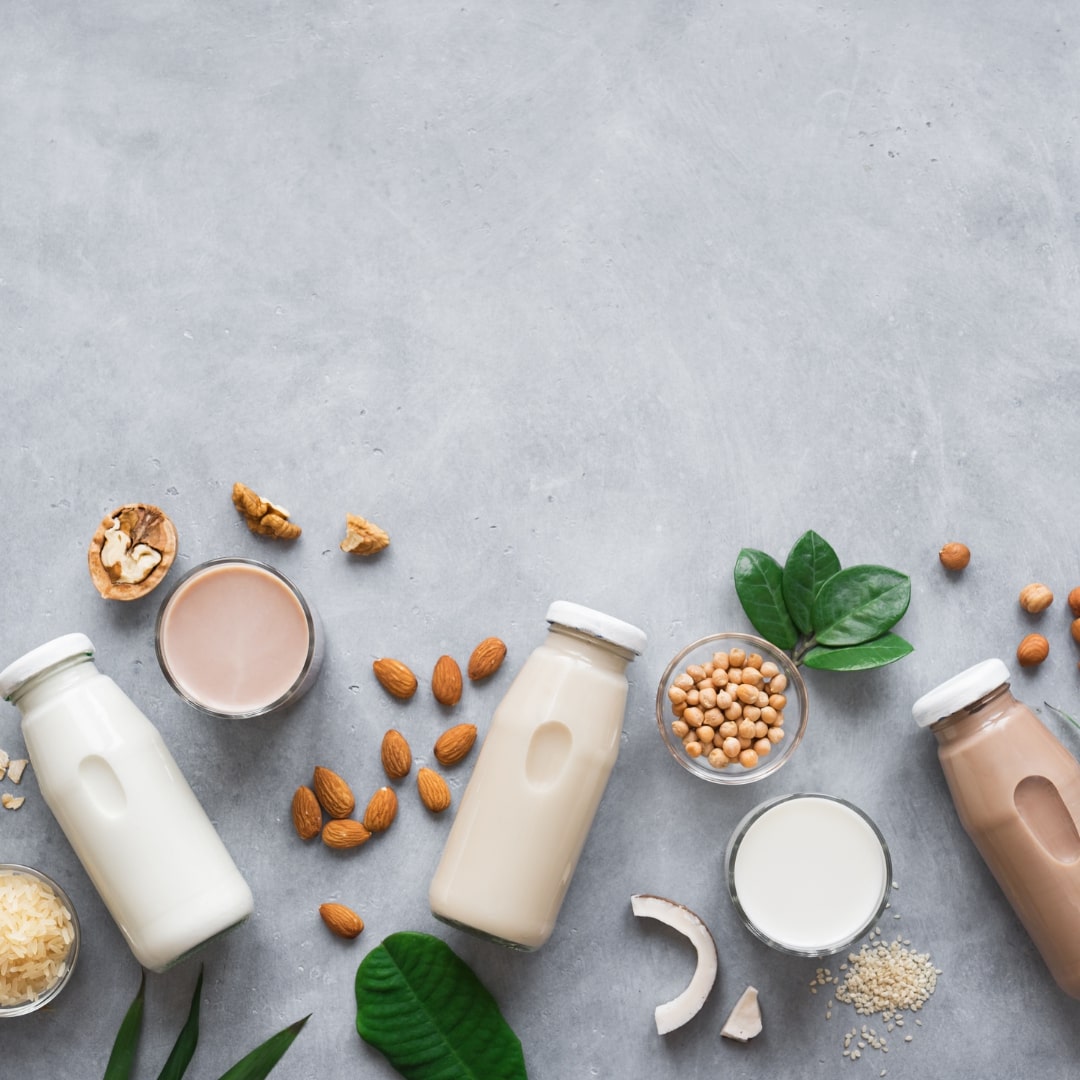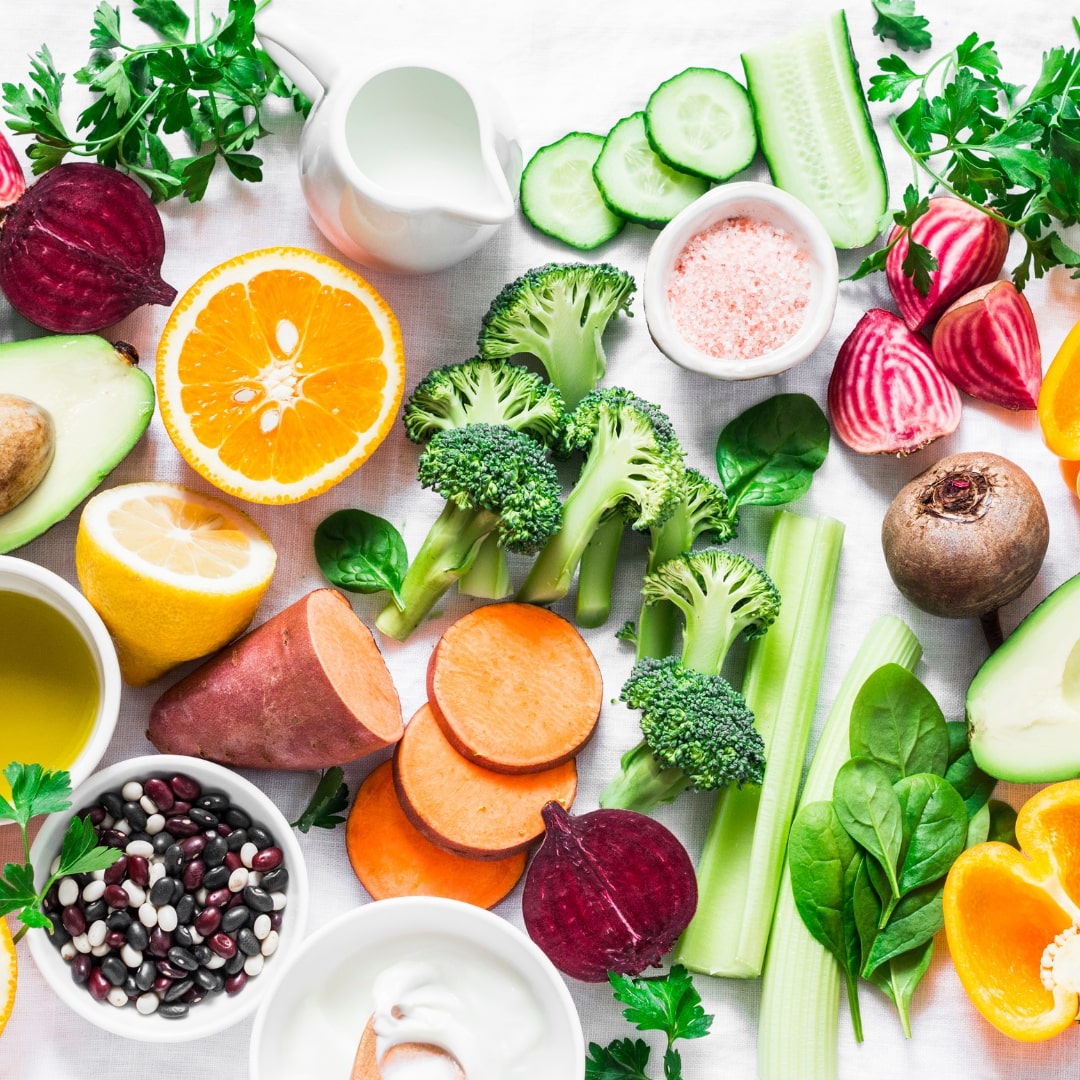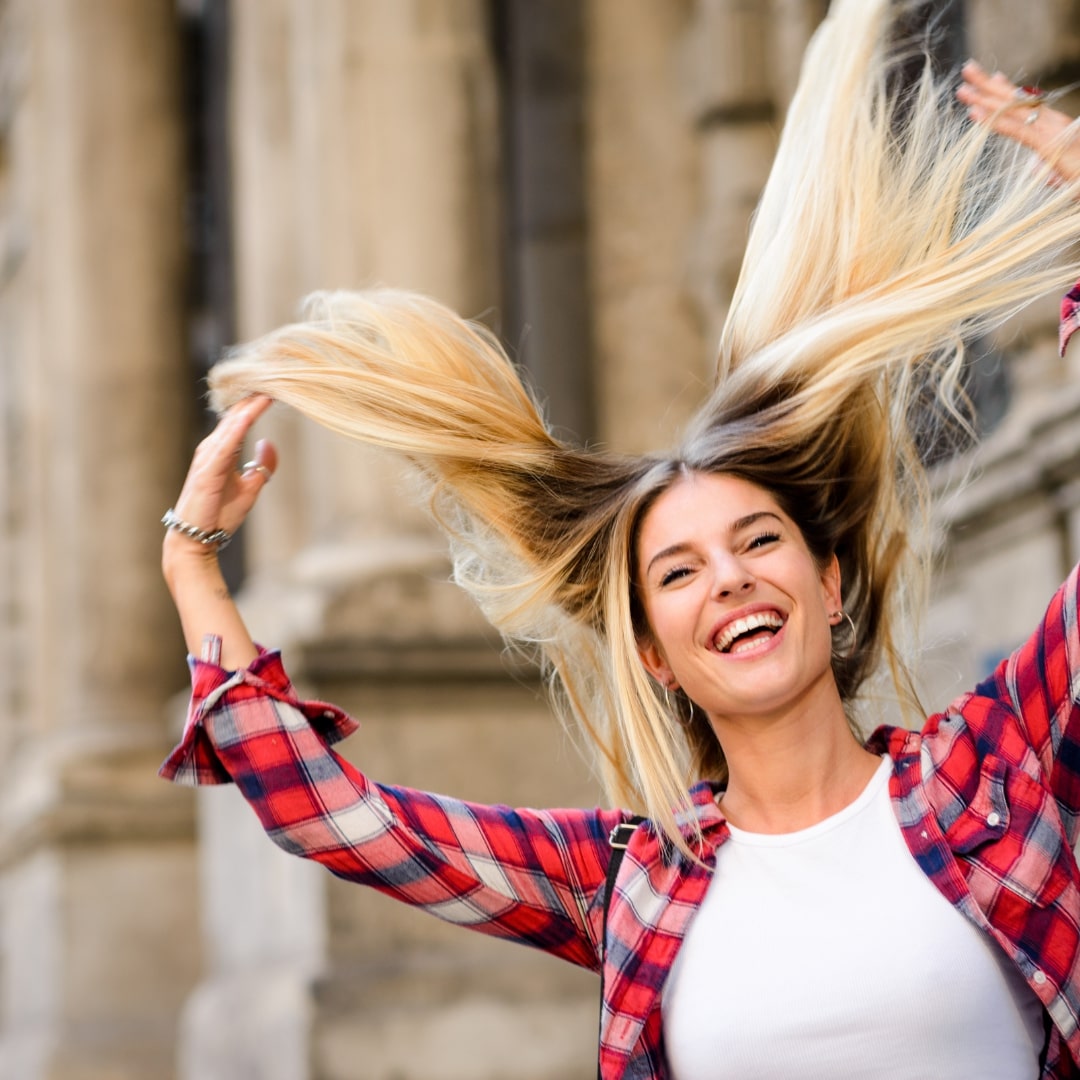Are you feeling frustrated about the increasing amount of hair loss that comes with menopause, post-partum recovery or just stress? It can be overwhelming and disheartening to feel like you're losing control—but don’t worry: there are ways to fight back! Exercise is a great way to naturally improve hormone levels, reduce inflammation throughout the body, and stimulate your scalp. By making exercise an integral part of your beauty routine, you’ll soon find yourself with less hair fall and improved overall health. In this blog post, we will explore how exercising regularly can help combat natural hair fall in women who are going through the transition of menopause or recovering from childbirth. Read on for more information – it might transform your life!
I. Understanding the Link Between Exercise and Hair Fall

The relationship between exercise and hair fall is an intriguing topic that has garnered a lot of attention in recent years. Studies have shown that exercise can help to reduce hair fall by increasing blood flow and circulation to the scalp, which promotes hair growth. In addition, exercise can also help to reduce stress levels, which can be a major factor in hair loss. However, too much exercise can have the opposite effect and actually increase hair fall. It is important to strike a balance and find a healthy exercise routine that works for you. By incorporating exercise into your daily routine, you may be able to improve the overall health of your hair and promote growth, while also reaping the many other benefits of physical activity.
a. Exploring the Science: How Exercise Impacts Hair Health
Physical activity is one of the most beneficial things you can do for your body, but did you know that it also has an impact on your hair health? Exercise improves blood flow and circulation throughout the body, including to the scalp, which delivers essential nutrients and oxygen to hair follicles. This influx of blood and nutrients can lead to stronger, healthier hair. Additionally, exercise has been found to reduce stress, which is a known culprit of hair loss and thinning. So, the next time you hit the gym, remember that not only will you be working on your fitness, but also your hair health.
b. Identifying Common Exercise-Related Factors That Cause Hair Fall
Exercise is undoubtedly crucial for maintaining overall physical health, but sometimes it comes at a cost - hair fall. Understanding why your hair falls out during exercise is important because it can help you tailor your fitness routine to mitigate these effects. A few common culprits that lead to hair fall during exercise include tight hairstyles, hats, sweat, and using rough towels. The constant pulling of hair in tight braids or buns can weaken hair follicles and make them more likely to fall out, while hats can trap sweat and bacteria, leading to scalp irritation and hair loss. Sweating is a natural process, but it can create an environment where hair follicles are more sensitive and prone to breakage. Finally, be gentle with your hair and scalp and avoid rough towels that can cause friction and damage. These tips should help you keep your hair healthy and strong while still getting the most out of your workout routine.
c. Unveiling the Mechanisms of Exercise-Induced Hair Growth Stimulation
Exercise has many benefits for the body, including the stimulation of hair growth. While this relationship has been established for some time, recent research has delved deeper into the mechanisms by which exercise promotes the growth of hair. It has been found that exercise increases blood flow to the scalp, which in turn brings nutrients and oxygen to the hair follicles. Additionally, exercise may stimulate the production of growth factors and hormones such as insulin-like growth factor-1 (IGF-1) and testosterone, both of which are linked to hair growth. Understanding these mechanisms can lead to the development of more effective hair regrowth treatments and highlight the importance of staying active for healthy hair.
II. Effective Workout Routines for Hair Fall Control
If you're looking to control hair fall, incorporating effective workout routines into your lifestyle can help. While exercise is typically associated with physical changes in the body, its benefits extend to hair health as well. There are many different types of workouts that can promote hair growth, including those that improve blood flow and circulation, reduce stress levels, and increase oxygen uptake. For example, yoga can be beneficial for hair health as it helps to relax the mind and body, while cardio exercises like running or cycling can improve circulation to the scalp. By making exercise a regular part of your self-care routine, you can strengthen your strands and promote healthy, luscious locks.
a. Targeted Exercises for Improved Scalp Circulation and Hair Follicle Stimulation
Are you looking to improve the health of your hair and scalp? One of the most effective ways to do so is by targeting exercises that stimulate blood flow to the scalp and hair follicles. A great place to start is with a scalp scrub. This encourages proper circulation, removes build-up on the scalp, and promotes healthy hair growth. By incorporating targeted exercises into your hair care routine, you'll be taking an important step towards achieving the healthy hair you've been dreaming of.
b. Cardio and Its Impact on Reducing Stress-Related Hair Fall
Stress is often considered an inevitable part of our lives, and unfortunately, it can lead to unwanted hair fall. However, incorporating cardio into your routine can help alleviate stress and reduce its impact on your hair. Cardio exercises like running, cycling, or swimming help to release endorphins, which are natural mood-boosters that reduce feelings of stress and anxiety. The increased blood circulation also helps nourish hair follicles, which can help to strengthen them and reduce hair fall. By incorporating cardio exercises into your routine, you can not only improve your physical health but also reduce stress-related hair fall and enhance your mental and emotional well-being.
c. Strength Training and Hair Health: Building Stronger Locks from Within
Many people strive for healthy and thick hair, and strength training might be the secret ingredient to achieving those #hairgoals. Building stronger locks from within can be accomplished through strength training, as it can help improve blood flow to the scalp, providing the hair follicles with the nutrients needed for healthy hair growth. To further support hair health, consider taking hair supplements packed with vitamins and minerals like biotin, iron, and zinc. Combining strength training with the proper hair supplements can help you achieve the strong and lustrous locks you desire.
III. Lifestyle Changes for Healthy Hair Growth

Changing your lifestyle is a great way to encourage healthy hair growth. First and foremost, proper nutrition is key. Eating a diet that is rich in protein, vitamins, and minerals will provide your hair with the essential nutrients it needs. You'll also want to limit your use of heat styling tools and harsh chemical treatments, as these can weaken and damage your hair. Additionally, regular exercise promotes healthy blood flow and can help stimulate hair growth. Lastly, managing stress levels is crucial for overall health, including hair health. Consider incorporating relaxation techniques like yoga or meditation into your daily routine to help reduce stress and support healthy hair growth. With these lifestyle changes, you'll be well on your way to achieving strong, luscious locks.
a. The Role of Diet and Nutrition in Combating Hair Fall
The condition of our hair is often an indicator of our overall health. One of the major reasons for hair fall can be attributed to a lack of proper nutrition in our diet. A balanced diet rich in vitamins and minerals such as iron, zinc, and biotin can improve the quality of our hair. While supplements like biotin and collagen have gained popularity for their hair benefits, it is important to consult a doctor or a nutritionist before taking them. Additionally, incorporating foods such as eggs, spinach, salmon, and avocados into our diet can provide the necessary nutrients for healthy and lustrous hair. Along with a good hair care routine, a balanced diet can help in combating hair fall and promoting hair growth.
b. Stress Management Techniques for Preventing Stress-Induced Hair Fall
Stress is an unavoidable part of life that can affect not only our mental health but also physical well-being. One of the most common physical symptoms of stress is hair fall. However, there are several stress management techniques that can help prevent stress-induced hair fall. One effective technique is having a healthy diet that includes vital vitamins and minerals because a deficiency in any of these nutrients can contribute to hair fall. Another technique is practicing relaxation techniques such as yoga, deep breathing, or meditation. Exercise is also a good way to manage stress. Finally, it's important to get enough sleep to help the body recover, repair, and manage stress. By incorporating these techniques into one’s lifestyle, one can prevent stress-induced hair fall and maintain good mental and physical health.
c. Sleep Patterns and Hair Health: Importance of Quality Rest for Hair Maintenance
Getting enough quality rest is essential for keeping our bodies and minds healthy, but did you know that it also plays a critical role in maintaining hair health? Sleep patterns and hair health are closely connected, as inadequate rest can lead to hair thinning, breakage and slower growth. During sleep, the body works to repair and rejuvenate itself, including hair follicles. Lack of quality sleep can lead to hormonal imbalances that affect hair growth and regeneration. Additionally, being sleep-deprived can increase stress levels, which can impact the overall health of your hair. Therefore, if you want to keep your locks shiny, full, and healthy, make sure to prioritize getting enough high-quality sleep each night.
In conclusion, it is evident that exercise can play a powerful role in the prevention of hair fall. It is critical to understand the science of how exercise impacts hair health and to tailor workout routines accordingly to target hair loss areas. Furthermore, lifestyle changes such as a more nutritious diet, proactive stress management, and quality rest are paramount for healthy hair growth. With consistent effort and dedication to a sensible routine, you can restore your scalp's natural balance and take tress-free steps towards stronger and healthier tresses. With all that in mind, if you have yet to take action in combating your hair fall woes - there's no time like the present! Take some time to review the information presented here and start making informed decisions about your exercise habits today for robustly healthy locks tomorrow.

